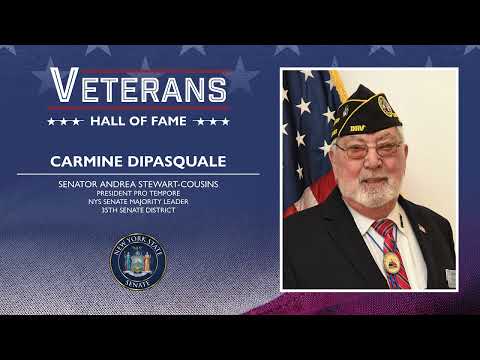
Update: Stewart-Cousins Bill Cuts Costs For Counties, Nonprofits
October 5, 2016
Albany, NY – Governor Andrew Cuomo signed legislation, sponsored by Senator Andrea Stewart-Cousins (D/I/WF – 35th District) and Assemblywoman Sandy Galef (D/I/WF/WEP-95th District), which allows nonprofit organizations that provide services for their respective counties to make purchases through use of county contacts.
The nonprofit sector has been severely impacted by the current economic climate, yet nonprofit groups remain integral to the operation of county governments. Many of these organizations provide counties with essential services without which they could not properly function. This legislation allows counties to provide opportunities for nonprofit service providers to realize savings without compromising service delivery, so long as the contracts relate directly to the service the nonprofit administers to the county.
Meals-on-Wheels, Adult Day Services, Senior Van Transportation Services, and services for the developmentally disabled and homeless and runaway youth are just a few of the groups that will benefit from this bill. By lowering the costs of these services, nonprofits can improve the quality of the services they deliver and counties can offer them to a greater number of people, thereby helping more people while spending less money.
Because many of these services are mandated, the bill will also lower costs for taxpayers, who must often bear the burden of steep service prices. By creating a larger purchasing pool, municipalities lower purchase costs and ultimately save taxpayers money. Users in need of the services will pay lower fees as well, and the nonprofits save money in the process.
Senator Stewart-Cousins said, “This is a win-win situation for everyone. Taxpayers save, municipalities save, and nonprofits save. By letting nonprofits piggyback on County contracts, the State will allow everyone to make the most efficient use of their money. We should do everything we can to ensure these nonprofits thrive so they continue to provide these vital services to our residents. This will guarantee the best quality of life for everyone in our communities.”
Assemblywoman Sandy Galef said, “This legislation will allow non-profits, which do a tremendous amount of necessary work in our communities, an easier avenue to get the materials needed to fill their purpose,” said Galef. “The idea is to lower the cost of procuring commodities and services to the organizations that supplement the government in supporting their neighbors. Many local governments successfully minimize the cost to taxpayers through collaboration with other local governments. This legislation allows not-for-profit groups to fully collaborate with the county governments.”
Gary Striar, CEO of the Eastern New York Region of the Red Cross, said, “The Red Cross helps people prepare for disaster, responds when disasters strike and provides much of our local blood supply. The passage of this bill will enable the Red Cross to deliver these and other services to New Yorkers more efficiently and effectively.”
“The economic downturn has forced all service providers to do more with less. Counties are struggling to provide services, while simultaneously minimizing the impact to property taxpayers. This measure will help reduce costs for the not-for-for organizations that counties work by allowing them to use county bids to purchase commodities and services. When our not-for-profit partners save money, they can pass those savings on to counties, which in turn, can minimize costs for taxpayers,” said Stephen J. Acquario, executive director of the New York State Association of Counties.
The Human Services Council thanked the Governor and the legislature for passing and signing bill 2243 to allow nonprofits to purchase goods through county contracts and said, “The Human Services Council greatly appreciates the work of Senator Stewart-Cousins in helping nonprofits deliver essential services on behalf of government and for finding ways to save critical dollars that can be applied to programs in communities. Nonprofits work in communities on behalf of government, and finding ways to save money by relying on this partnership will help nonprofits deliver services even more effectively.”
